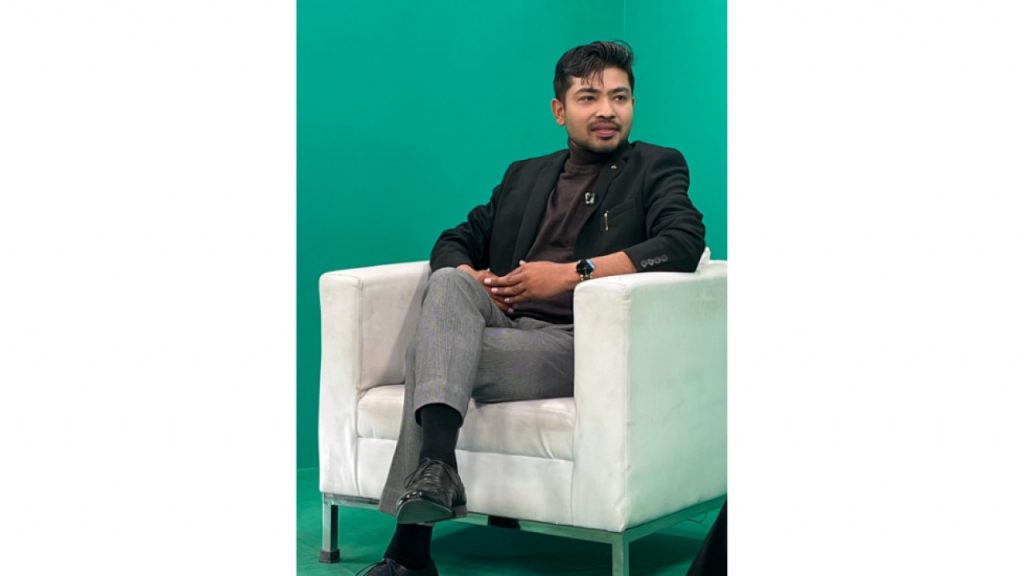
The current scenario in Indian legal education reveals a stark lack of diversity, hindering the establishment of a truly equitable judicial system.
The backbone of any robust judicial system is a diverse and inclusive legal education that nurtures a cadre of lawyers representing various socio-economic backgrounds. Unfortunately, the current scenario in Indian legal education reveals a stark lack of diversity, hindering the establishment of a truly equitable judicial system.
Rupankan Sharma, a prominent advocate specializing in criminology, sheds light on the systemic barriers that hinder inclusivity and the urgent need for reforms.
According to a report by Increasing Diversity by Increasing Access (IDIA), the representation of various communities in prestigious National Law Universities (NLUs) is far from proportional. The report indicates that over 85% of students at NLUs belong to the Hindu community, with more than 30% of them hailing from the dominant Brahmin caste.
In…
